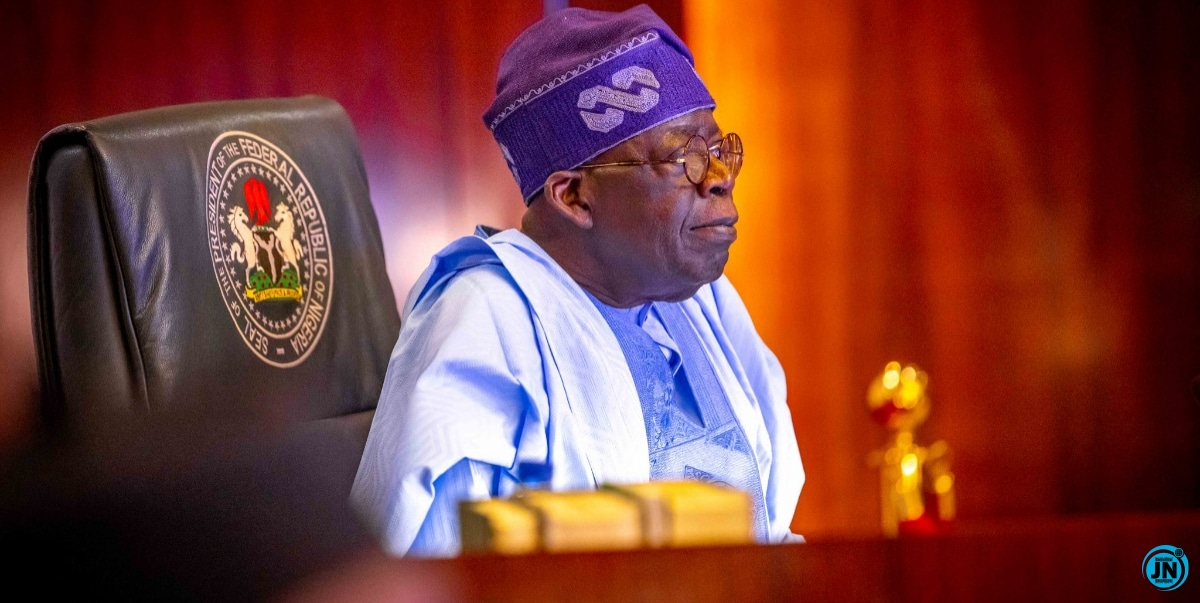President Bola Tinubu has made significant changes to the leadership positions in Nigeria, as he announced the dismissal of the Chief of Defence Staff, all the nation's Service Chiefs, the Inspector General of Police (IGP) Usman Baba Alkali, and the Comptroller General of the Nigeria Customs Service, Col. Hameed Ali. The Secretary of the Government of the Federation (SGF), Senator George Akume, shared this information in a statement released in Abuja.
In the statement, the SGF revealed that President Tinubu, GCFR, has approved the immediate retirement of the aforementioned officials and their replacements. Mallam Nuhu Ribadu was appointed as the new National Security Adviser, while Maj. Gen. C.G Musa assumed the position of Chief of Defence Staff. Other appointments included Maj. Gen. T. A Lagbaja as Chief of Army Staff, Rear Admiral E. A Ogalla as Chief of Naval Staff, AVM H.B Abubakar as Chief of Air Staff, DIG Kayode Egbetokun as Acting Inspector-General of Police, and Maj. Gen. EPA Undiandeye as Chief of Defence Intelligence.
President Tinubu also approved various appointments within the military, including commanders of different battalions and officers within the Presidential Villa. Notable appointments included Col. Adebisi Onasanya as Commander of the Brigade of Guards and Maj. Isa Farouk Audu as Commanding Officer of the State House Artillery.
Furthermore, the president appointed two additional Special Advisers and two Senior Assistants. Hadiza Bala Usman was appointed as Special Adviser for Policy Coordination, Hannatu Musa Musawa as Special Adviser for Culture and Entertainment Economy, Sen. Abdullahi Abubakar Gumel as Senior Special Assistant for National Assembly Matters (Senate), and Hon. (Barr) Olarewaju Kunle Ibrahim as Senior Special Assistant for National Assembly Matters (House of Representatives).
The SGF emphasized that the newly appointed Service Chiefs, IGP, and Comptroller General of Customs would act in their respective positions pending their confirmation in accordance with the Constitution of the Federal Republic of Nigeria.
This decision by President Tinubu has significant implications for the country's security and administrative landscape, as new leaders take charge of crucial roles within the Nigerian government and military. The appointments reflect Tinubu's vision for effective governance and his commitment to reshaping key sectors to meet the nation's challenges.
